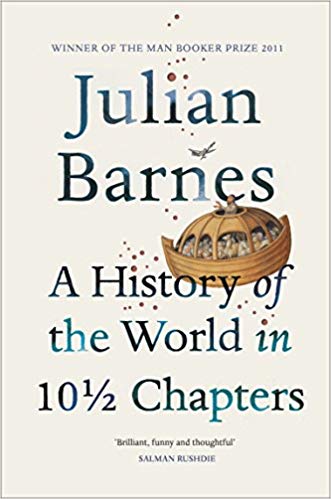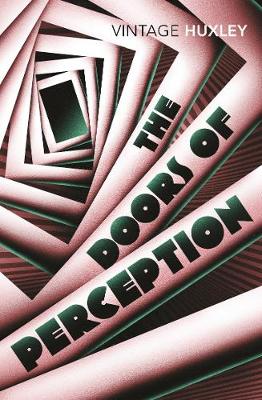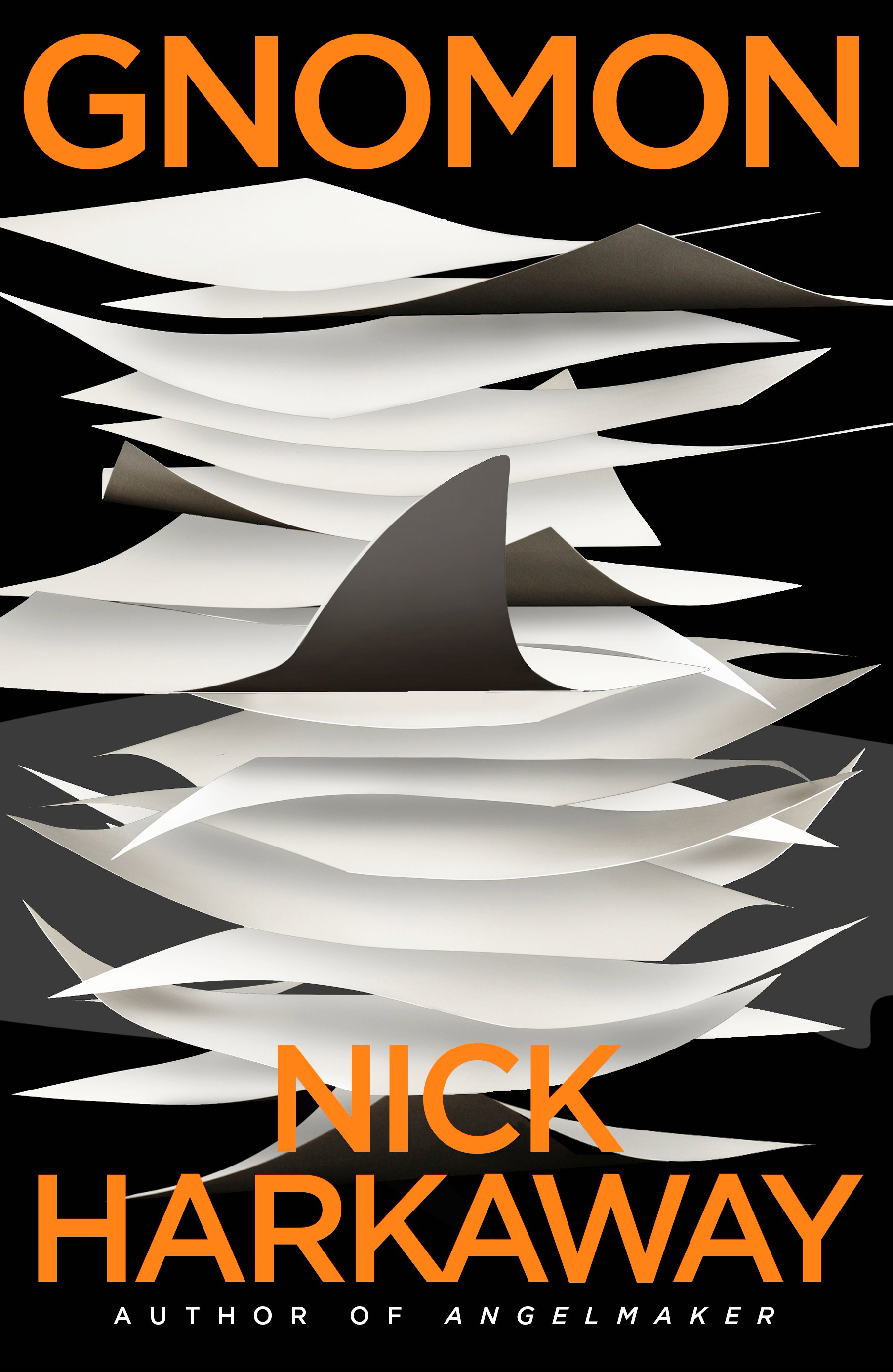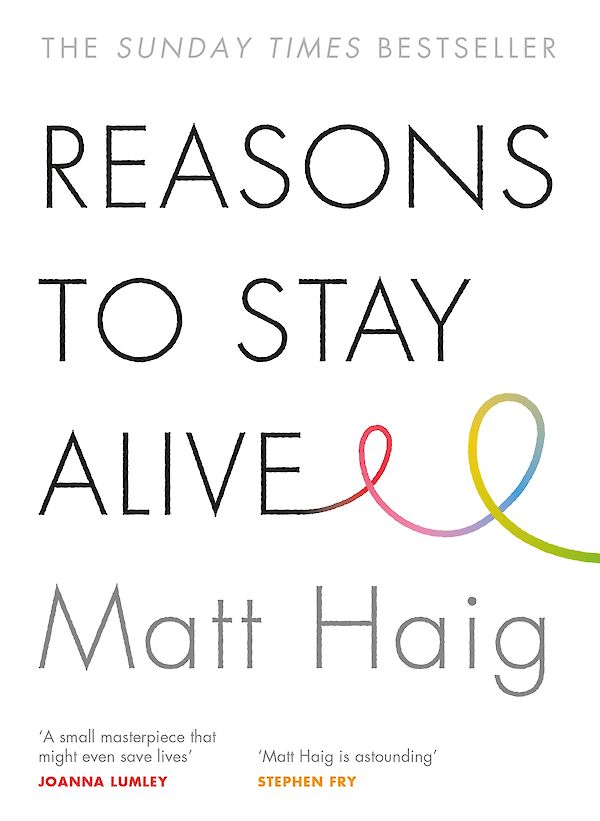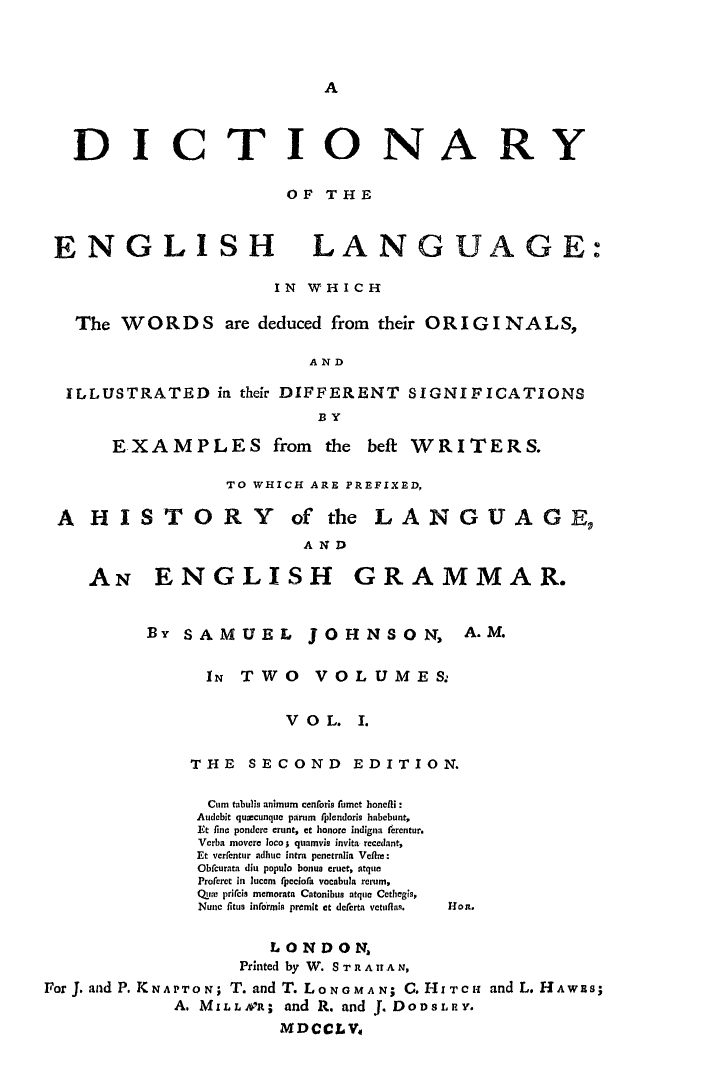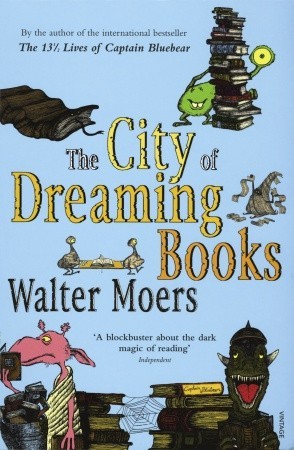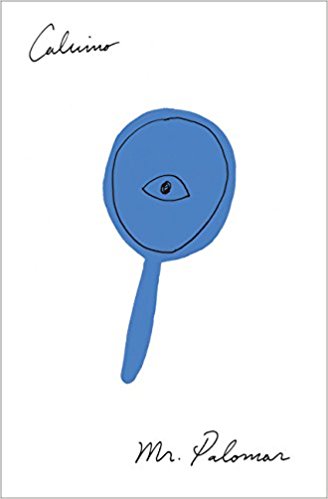I picked up Helen Oyeyemi’s What Is Not Yours Is Not Yours solely because of its cover. I’ve never claimed not to be shallow. (Did you know the French equivalent of ‘Don’t judge a book by its cover’ is ‘L’habit ne fait pas le moine’ or ‘The clothing does not make the monk’?) I was fortunate that the copy the library happened to own was the copy that happened to be designed to appeal to me most. White background, black rose; the curves and serifs of the tautological title picked out in gold. Perhaps what attracted me most was not the cover but specifically its lack of a cover; its lack of a spine. Its spinelessness. It lies open, naked quires bound with green thread, as though abandoned partway through being finished.

The contents live up to its elegant, adventurous cover. One of my favourite stories talks about the power of reading to break you apart (see below). Oyeyemi is a writer who breaks and remakes your concept of language and how it should work: her prose is as unpredictable and poetic as her plots. In one story about the mysterious and sudden arrival of a young boy: “She had to quickly pop back to the fifteenth century to find a word for how beautiful he was. The boy was makeless.” “Makeless” here, of course, means “matchless”, but in this story it accurately represents this boy who has not been born or made, but simply appears.
The quotation below comes from the story ‘a brief history of the homely wench society’, which concerns two rival societies at Cambridge University. Boys’ club the Bettencourts created a list of the most ‘homely wenches’, and the wenches retaliated by forming their own society. When the Homely Wenches break into the Bettencourt headquarters, they find that less than ten per cent of their books are by women, and begin making swaps by torchlight. One of the replacements they make is for colored girls who have considered suicide / when the rainbow is enuf, which leads to the following conversation:
‘It’s great, isn’t it? It sort of rocks you…reading it is sort of like reading from a cradle hung up in the trees, and the trees rock you with such sorrow, and as the volume turns up you realize that the trees are rocking you whilst deciding whether to let you live or die, and they’re sorry because they’ve decided to smash you to pieces…’
‘But then you’re put back together again, in a wholly different order…’
‘And it hurts so much you don’t know if the new order will work.’
‘It’ll heal. It has to hurt before it heals, don’t you think?’
It makes me feel that reading as a process is a form of kintsugi: where broken pottery is repaired with gold. The repaired piece becomes more beautiful than the original. There we have it: a half-made book, a makeless boy, and reading that tears you apart and makes you again.
‘a brief history of the homely wench society’ is available to read online here.
Helen Oyeyemi, What Is Not Yours Is Not Yours (Picador, 2016)

